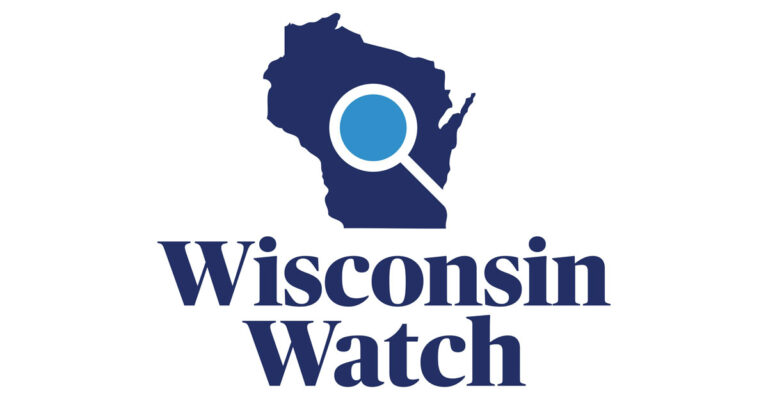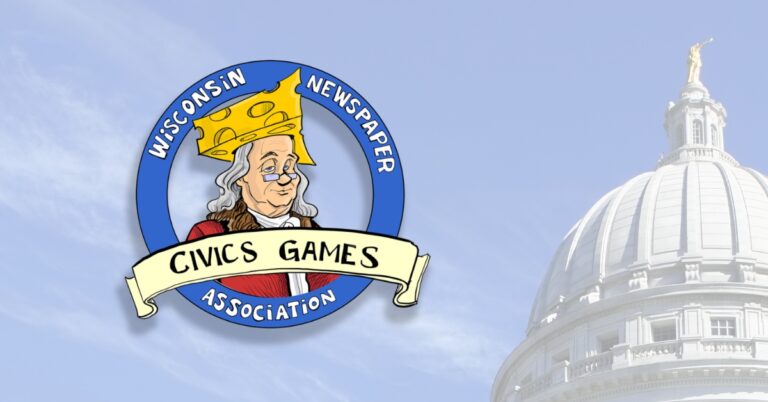Weekly Fiscal Facts are provided to Wisconsin Newspaper Association members by the Wisconsin Policy Forum, the state’s leading resource for nonpartisan state and local government research and civic education. The Wisconsin Policy Forum logo can be downloaded here.
- Download this column as a Word document
- See other WNA Member Content offerings
Even as state sales tax collections overall slipped 10% for May amid the COVID-19 crisis, internet sales have shot upward as consumers flocked online. But instead of being a bright spot for a struggling state budget, Wisconsin law requires this e-commerce bonus be used to reduce state income tax rates — a requirement that appears to be one of a kind among states.
A 2018 U.S. Supreme Court ruling allowed states to collect taxes on sales from online retailers and other businesses located outside their boundaries. Anticipating this change, Wisconsin amended state law in 2013 to direct these additional revenues toward a corresponding reduction in income tax rates. A 2019 law extended similar treatment for revenues collected by out-of-state and online lodging marketers, such as Airbnb.
Even before the pandemic, state officials were projecting this requirement would trigger a sizable income tax cut of $119 million for 2020, up from $77 million last year. But the state practically reached that amount by April 30 — with five months of collections to go before the calculation cutoff of September 30. Sales and use tax revenues from out-of-state transactions had already hit $118.1 million, according to state Department of Revenue data.
Given the current trend, collections could top $200 million for October 2019 through September 2020 and even come close to doubling the initial estimate, automatically triggering a corresponding cut in income taxes.
Wisconsin’s approach of tying these increased sales tax revenues to income tax cuts appears to be unusual if not unique. The closest example may be Iowa, which accounted for its new online and out-of-state sales tax revenues in a broader 2018 tax overhaul that also reduced income and corporate tax rates.
This information is provided to Wisconsin Newspaper Association members as a service of the Wisconsin Policy Forum, the state’s leading resource for nonpartisan state and local government research and civic education. Learn more at wispolicyforum.org.



